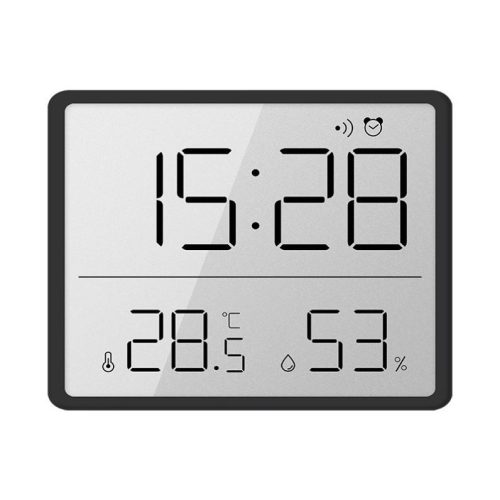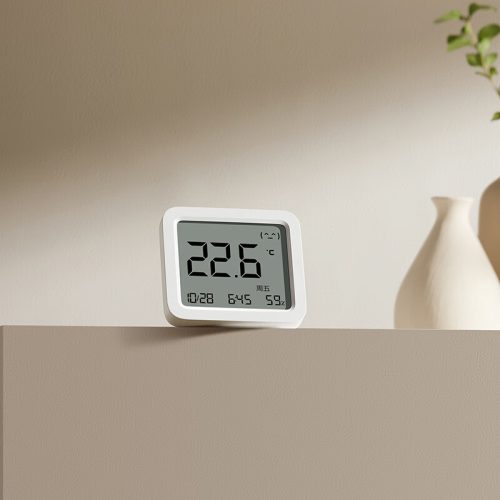The accuracy of thermometer readings depends on various factors, including the type of thermometer, calibration, usage, and environmental conditions. Here are some key points regarding thermometer accuracy:
- Calibration: Calibration ensures that a thermometer provides accurate readings. Over time, thermometers might become inaccurate and need recalibration. Some thermometers can be recalibrated, while others may need replacement.
- Type of Thermometer: Different types of thermometers have varying levels of accuracy. For example, digital thermometers tend to provide accurate readings when properly calibrated, while infrared thermometers might have variations based on the distance from the object being measured and environmental conditions.
- Precision: Accuracy and precision are two different aspects. Accuracy refers to how close the measurement is to the true value, while precision refers to the consistency of measurements. A thermometer can be precise but not accurate if it consistently gives the same incorrect value.
- Usage: Following the manufacturer’s instructions for proper usage is crucial. Using a thermometer in the correct manner, whether it’s oral, rectal, infrared, or otherwise, can affect the accuracy of readings.
- Environmental Conditions: Extreme temperatures, humidity, or altitude can influence a thermometer’s accuracy. Some thermometers are specifically designed to perform well in certain environmental conditions.
- Age and Maintenance: The age of a thermometer and how well it’s maintained can impact accuracy. Regular maintenance and proper storage can help ensure accuracy over time.
- Quality: The quality of the thermometer itself can affect accuracy. High-quality thermometers often provide more accurate readings compared to cheaper, less reliable models.
- Certification and Standards: Thermometers that adhere to specific standards or have certifications (like ISO, ASTM, or NIST traceability) are more likely to provide accurate readings.
It’s essential to regularly check the accuracy of thermometers, especially if they are used for critical measurements or in sensitive applications. This can be done through calibration checks or comparison with known accurate devices. For medical thermometers, it’s advisable to verify accuracy periodically and replace them if they are no longer providing accurate readings.


